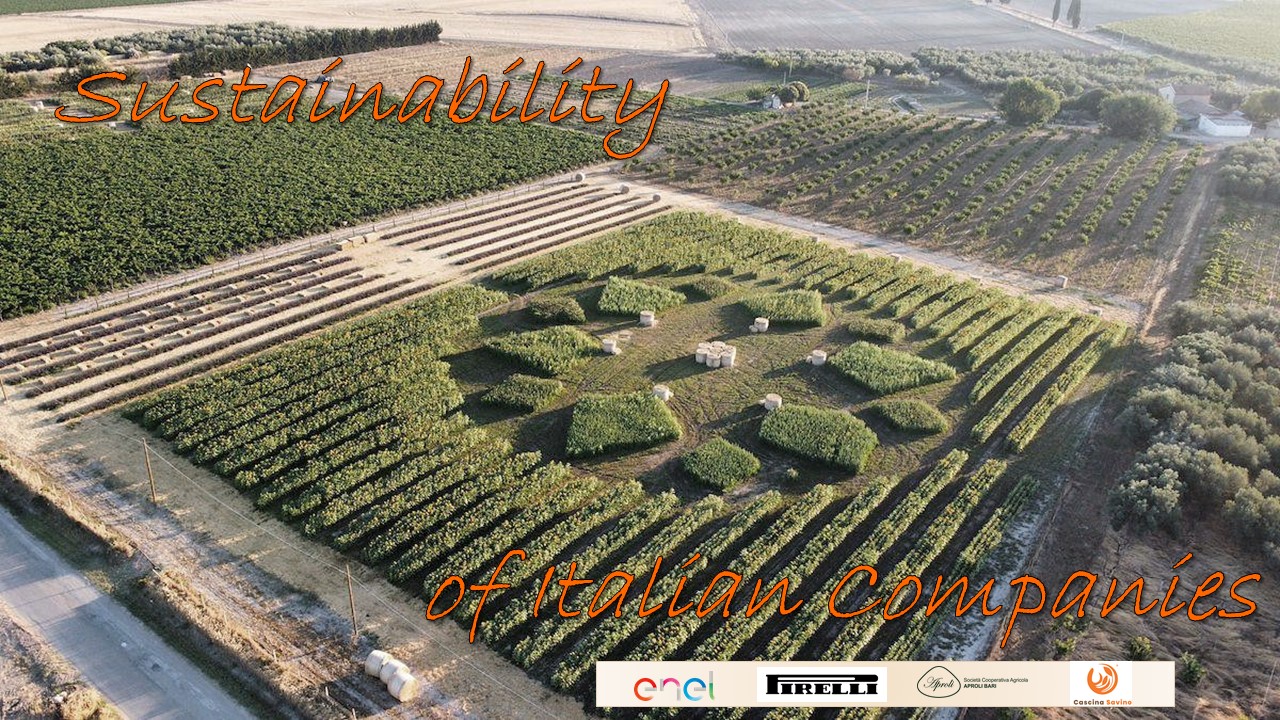
The European Union takes a leading role in the transition towards sustainability, promoting ambitious programs such as the European Green Deal and the 2030 Agenda for Sustainable Development.
In this context, Italy stands out among European and global leaders in adopting sustainable practices that promote more efficient use of resources. Furthermore, several Italian companies have established boards or ESG Committees, demonstrating concrete commitment to defining long-term strategies in this area.
However, significant differences emerge between large companies and small and medium-sized enterprises (SMEs). Among large companies, notable examples include “Il Gruppo Enel”, which pursues strategic objectives for the protection of the environment and natural resources, and “Pirelli & C. S.p.A.”, committed to reducing carbon emissions through the use of renewable energy sources.
The SME landscape is different but equally interesting, characterized by sustainability experiences strongly linked to local areas and relational dimensions. One example is “Società Coperativa Agricola APROLI”, which disseminates knowledge of good agricultural practices among olive growers and promotes a culture of eco-sustainable farming through development, research and agricultural outreach projects.
Another example is “Cascina Savino”, an agricultural enterprise that interprets the role of the Sustainable Alliance Manager (SAM) not as a figure endowed with “top-down” expertise, but as a person capable of serving the team and helping to create an environment where everyone feels part of a shared project. Thanks to this role, sustainability ceases to be merely a label and becomes an integral part of the company’s identity.
In conclusion, a general improvement is observed in Italian companies’ approach to sustainability. However, there is a strong need to train professionals such as SAMs, capable of guiding the transition towards a more sustainable, responsible, resilient, and competitive economy. Integrating sustainability is no longer just an ethical or regulatory matter but a strategic choice. In the long term, this will result in a more competitive company, able to secure a prominent market position, attract talent, generate shared value, and respond agilely to the environmental and social challenges of our time.
Written by University of Foggia team (Italy)

